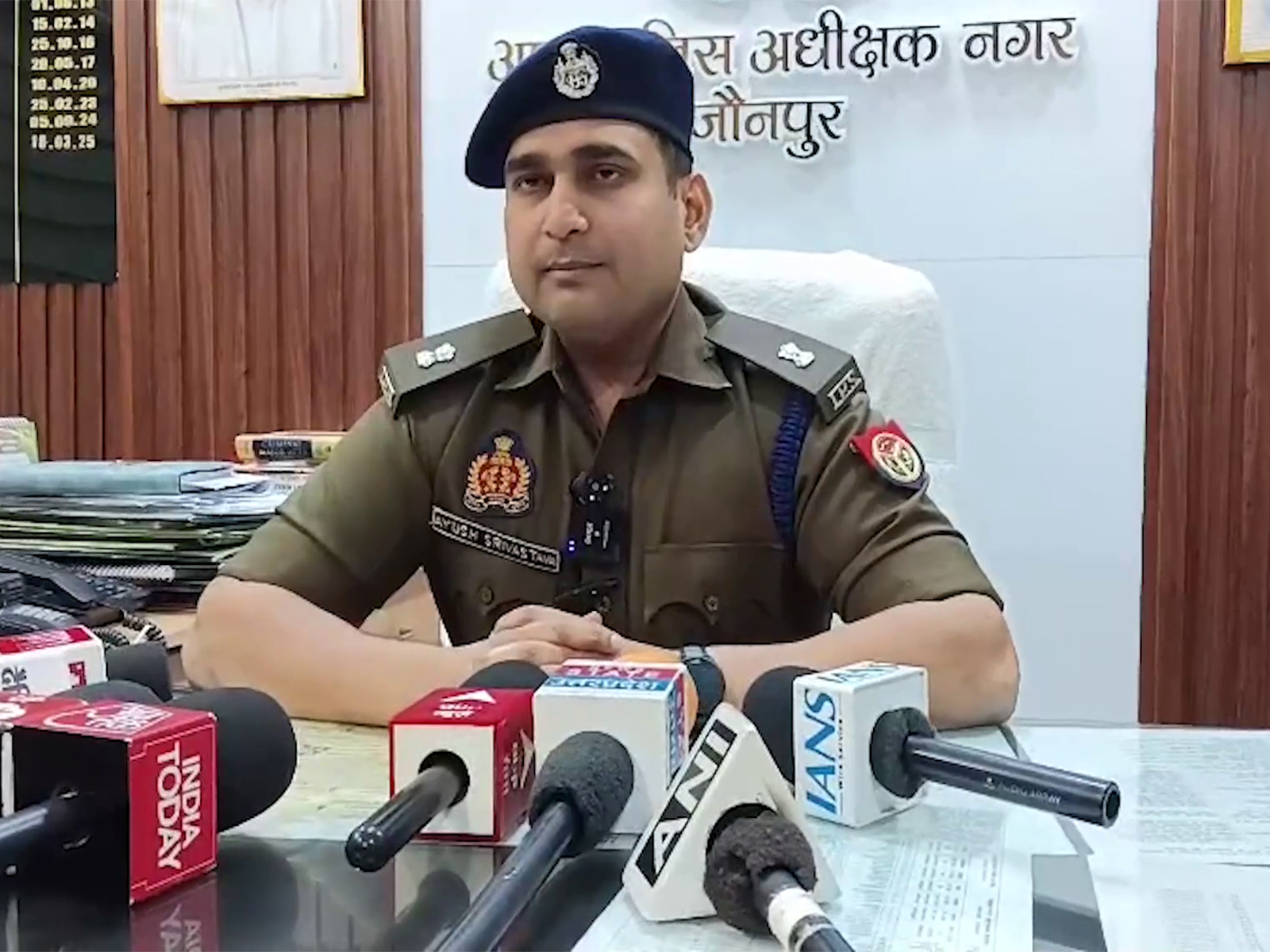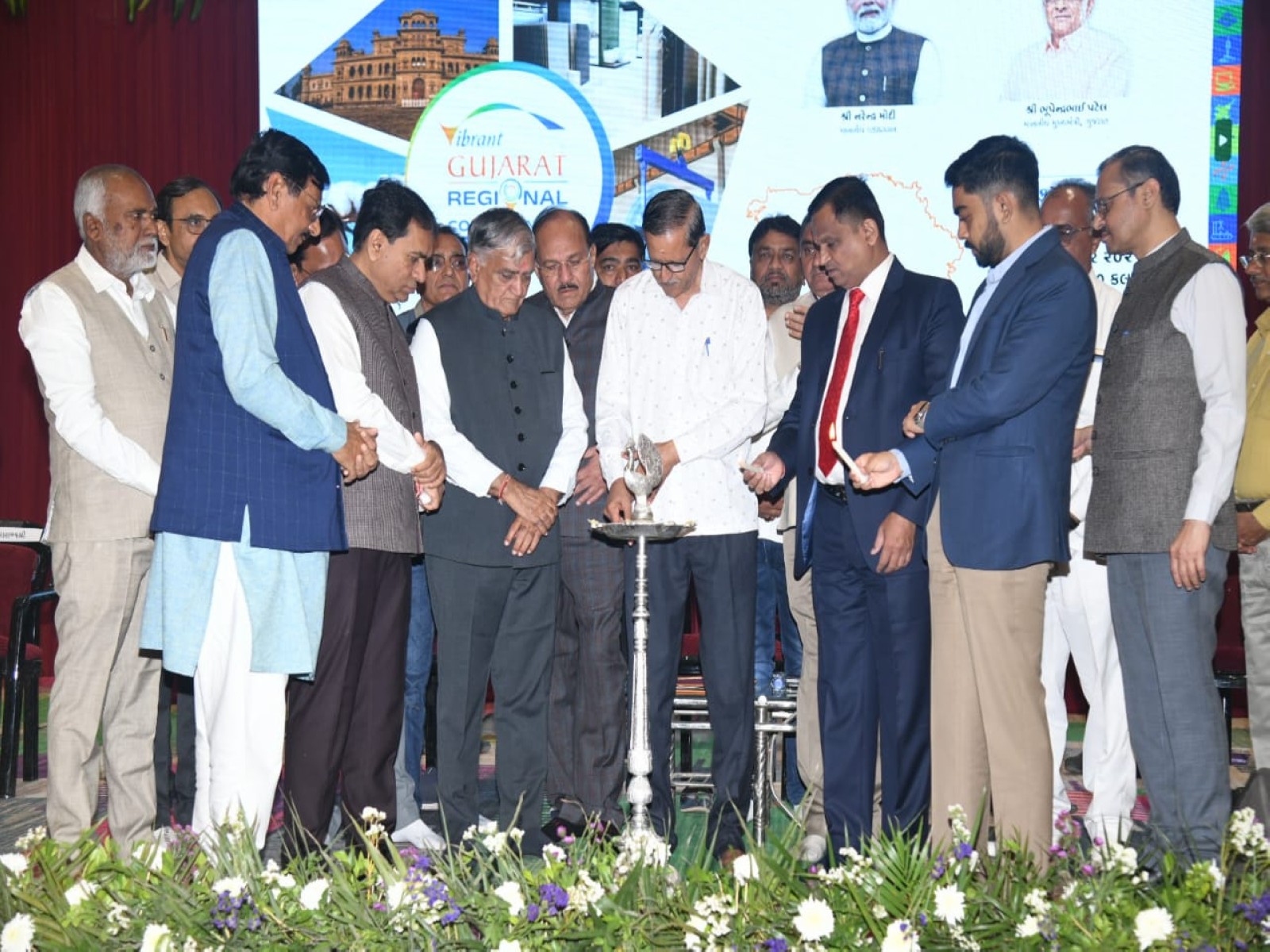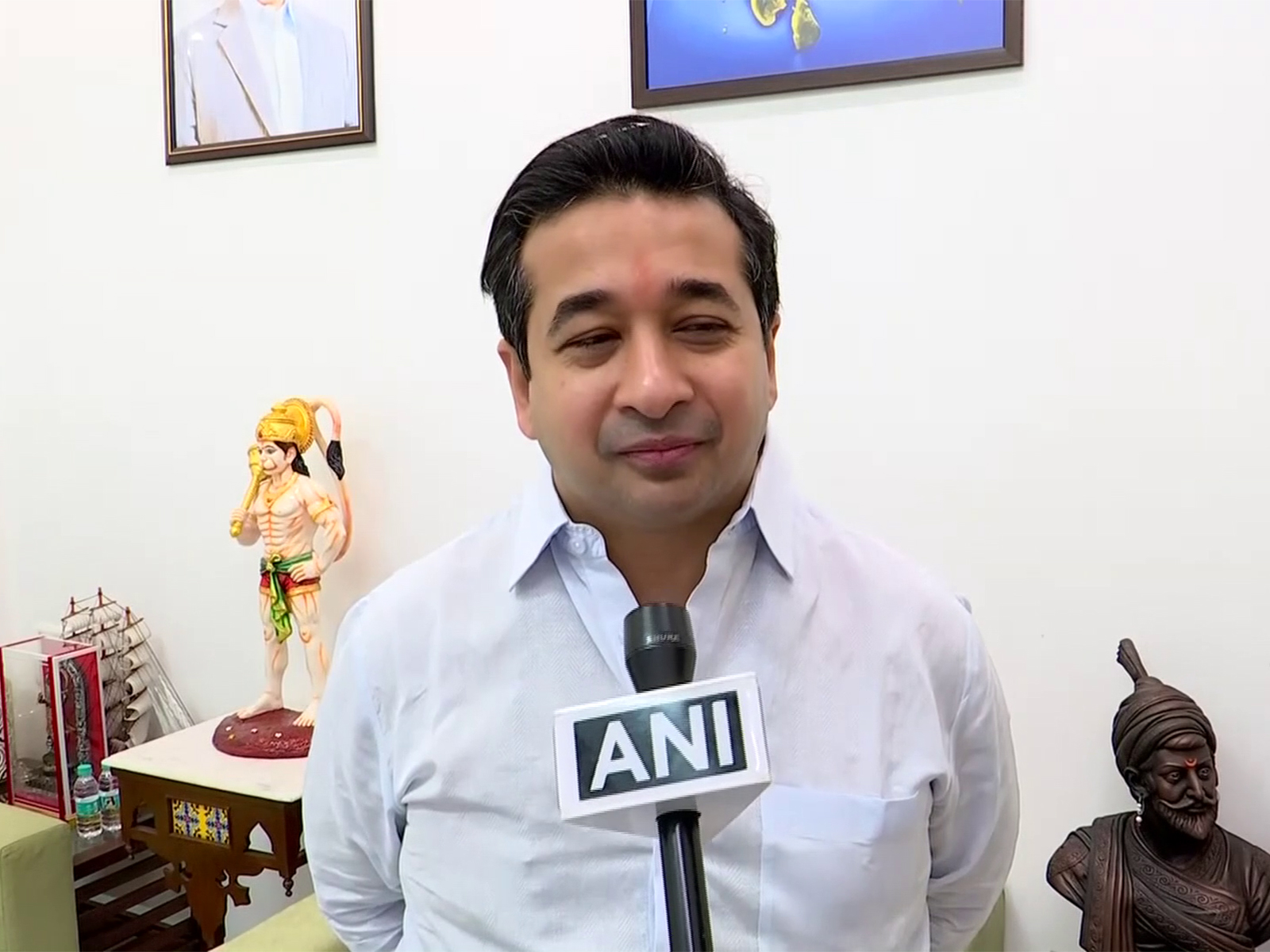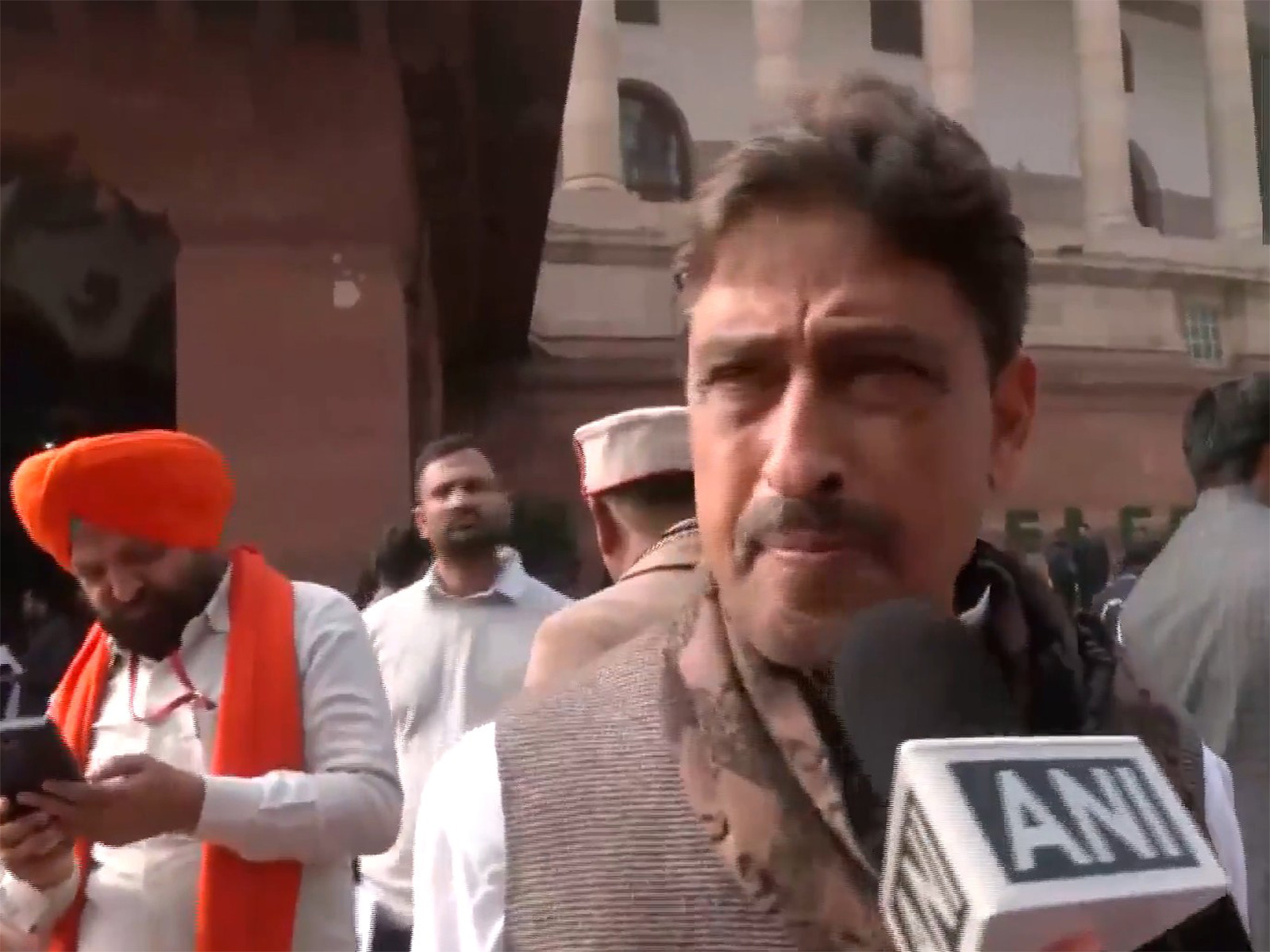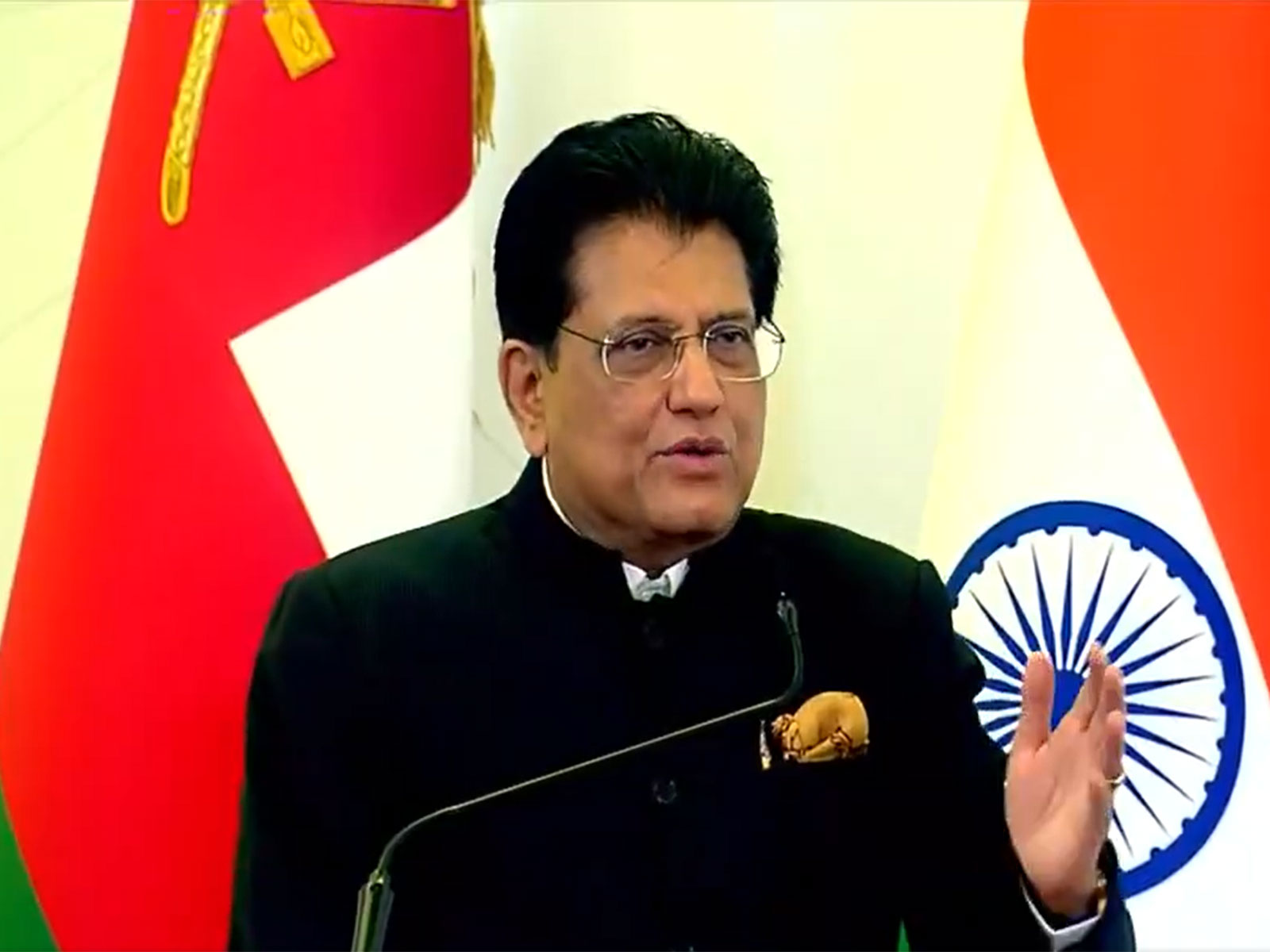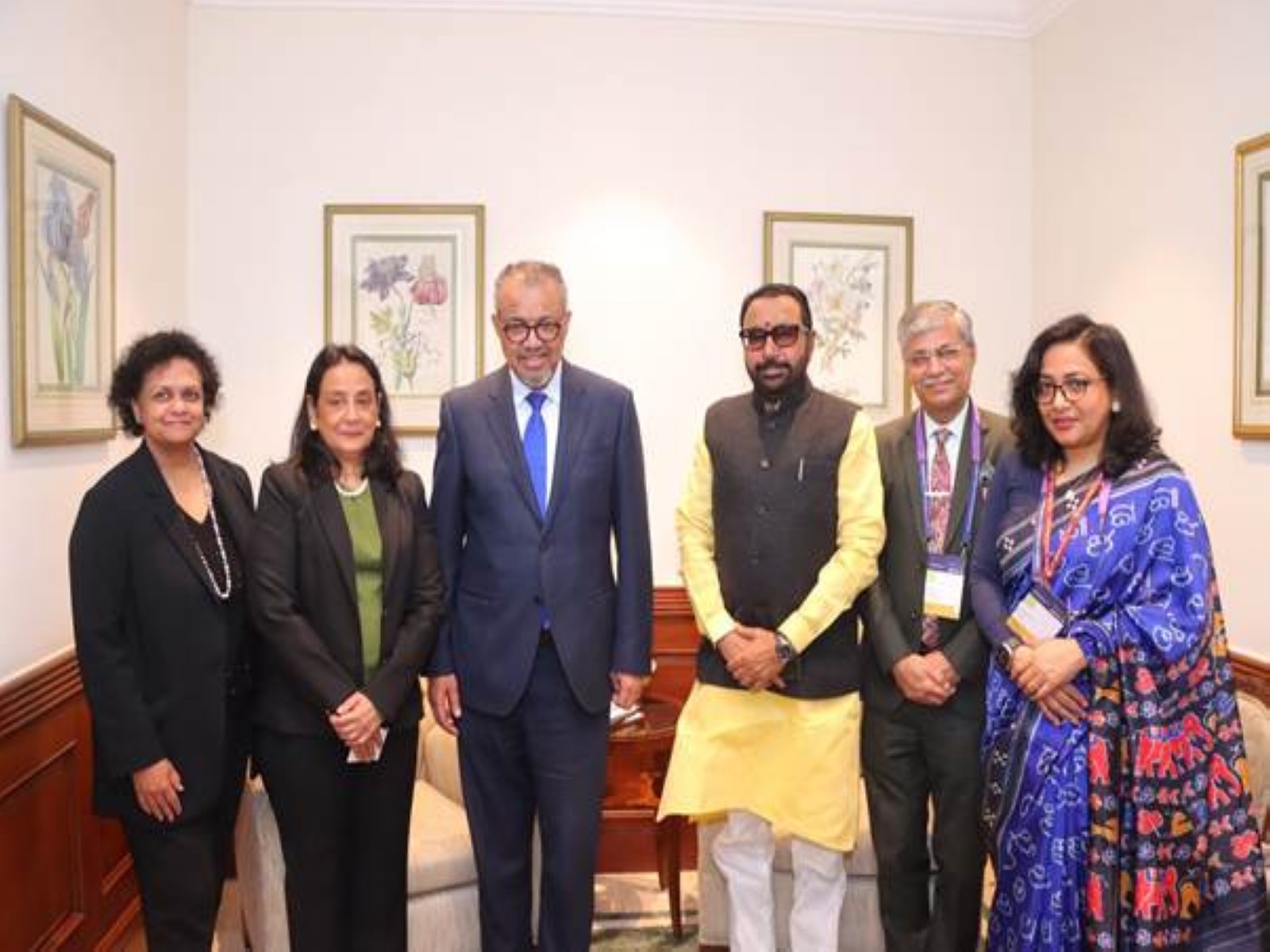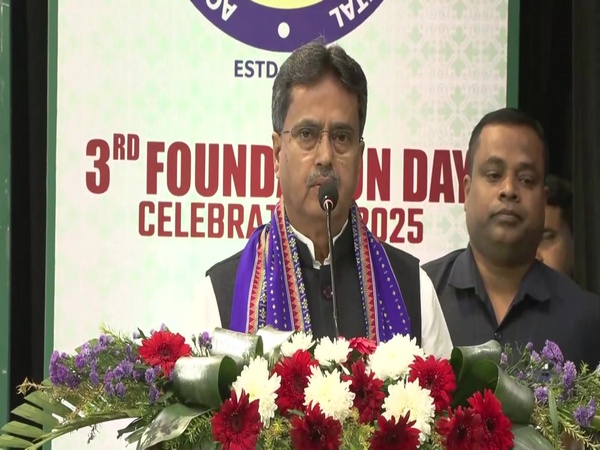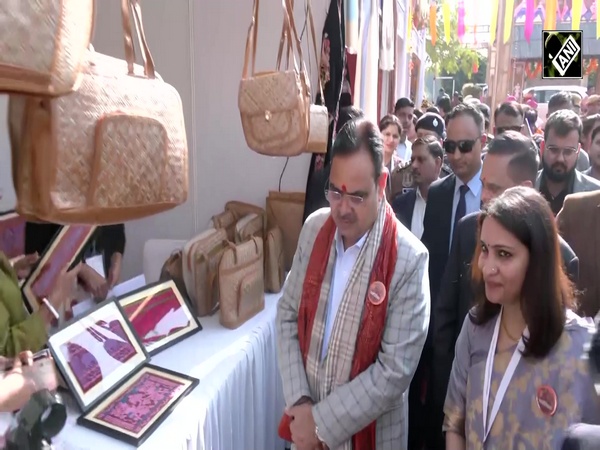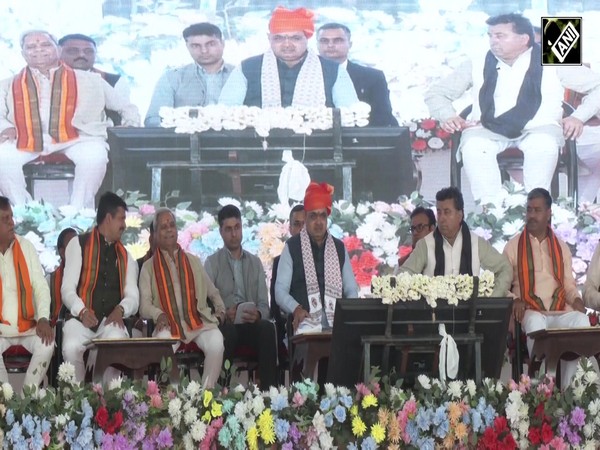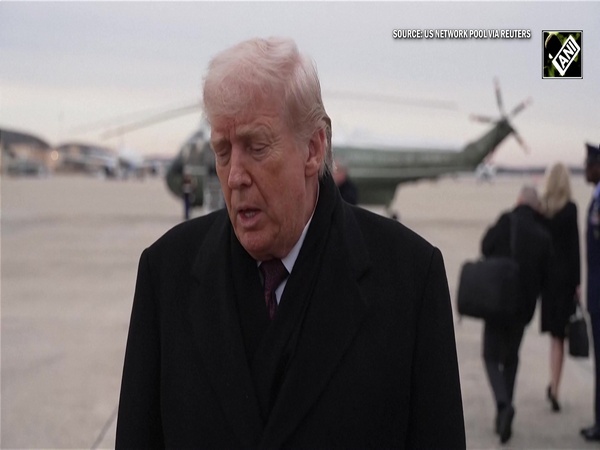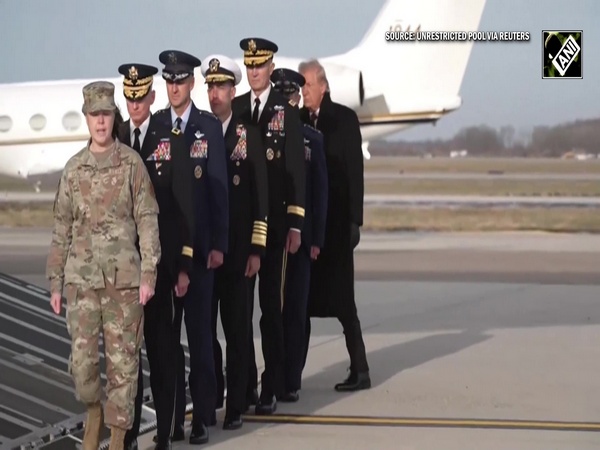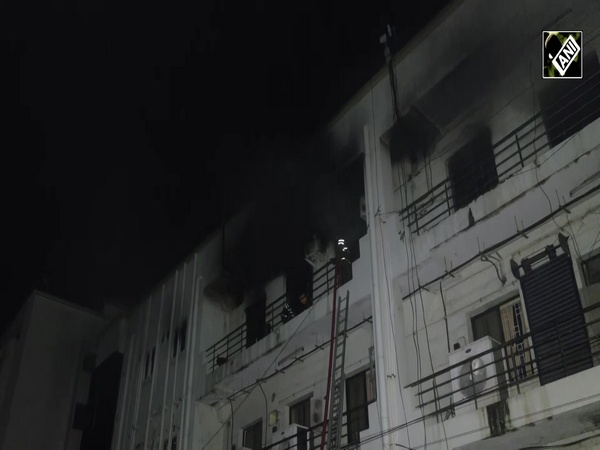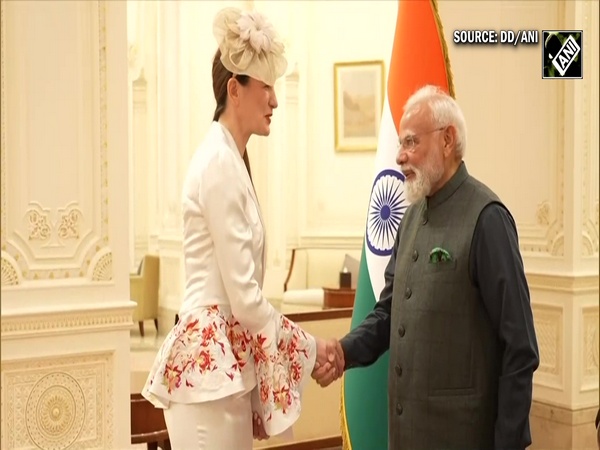NIA court sentences 5 JeM terrorists to life imprisonment
Nov 28, 2022

New Delhi [India], November 28 : A Special National Investigation Agency (NIA) court on Monday sentenced life imprisonment to five terrorists of Jaish-e-Mohammad (JeM) for recruiting and training youth across the country for terror activities in India.
Special Judge Shailender Malik on Monday sentenced five named Sajjad Ahmed Khan, Bilal Ahmed Mir, Muzaffar Ahmed Bhat, Ishfaq Ahmed Bhat and Mehraj-ud-din Chopan to life imprisonment after they pleaded guilty in the case. The Court sentenced another convict Tanveer Ahmed Ganie to rigorous punishment for 5 years.
The Special Judge, while passing judgement, noted that all the convicts were in conspiracy with each other to wage war against India.
Taking into consideration the serious nature of the allegations and the fact that convicts have been ordered to undergo their sentences in Delhi, in terms of section 268 CrPC copy of the judgment along with the order on sentence be sent to the Government of NCT of Delhi for passing an order for ensuring that these convicts may undergo the sentence while being in Delhi, for the purpose of ensuring security and law and order.
Court noted that it came in evidence collected during the investigation that accused persons and other suspects joined JeM, a Pakistan-based terrorist group led by Maulana Masood Azhar.
JeM is a banned organization even in Pakistan because of its terrorist activities. Since its inception in the year 2000, the said organization has been involved in many terrorist activities in different parts of the world. Pakistani national/JeM operatives formed by Maulana Masood Azhar hijacked Indian Airline Flight IC-814 in December 1999 after releasing of Maulana
Masood Azhar, noted the court.
The said organization has also been involved in the Pathankot attack on January 2, 2016 in which four Pakistani nationals including Mufti Abdul Rauf Asghar JeM operatives entered into a criminal conspiracy to infiltrate India and to commit a terrorist act; the Nagrota attack on November 29, 2016; the attack on Army Station at Sunjawan, Jammu on February 10, 2018; attack on Central Reserve Police Force (CRPF) convoy on National Highway at Lethpora (Pulwama) on February 14, 2019 where 40 CRPF personnel had been martyred, are the different terrorist acts committed by JeM and its operatives in India.
During the investigation, it revealed that Sajad Ahmad Khan, whose brothers were also involved in terrorist activities and were operatives of JeM, was also recruited and sent to Delhi for carrying out reconnaissance in different parts of Delhi, noted the Court.
NIA court noted that all the accused during the relevant time of 2018 to 2019 were under conspiracy with each other for trying to recruit local youth for arranging hideouts, provide logistic support and reconnaissance different places for the object of carrying out terrorist acts and were also a member of proscribed/banned terrorist organization JeM of Pakistan and were enticing/motivating locals of Jammu and Kashmir to go into militancy and arranging funds etc for carrying out terrorist acts and therefore they all are liable to be convicted for an offence under section 120B IPC as well as under section 18 of UA(P) Act.
"The accused were also involved in enticing/ motivating locals of Jammu & Kashmir to go into militancy and arranging funds etc. for carrying out terrorist acts and therefore they all are liable to be convicted for an offence under section 120B IPC as well as u/s 18 of UA(P)Act, the judge said.
From the statements of different witnesses and recovery/seizure of explosives from or at the instance of Muzaffar Ahmad Bhat and Mehraj Uddin Chopan, it has been duly established that hand grenades, detonators, etc were received either from their possession or at their instance which duly covers the case of the prosecution as against them for holding them guilty for an offence under Explosives Substances Act, 1908.
Therefore is held guilty under section 4 of the said Act, whereas A-Il is held guilty under sections 4 and 5 of the Act, said the court in Judgment.
